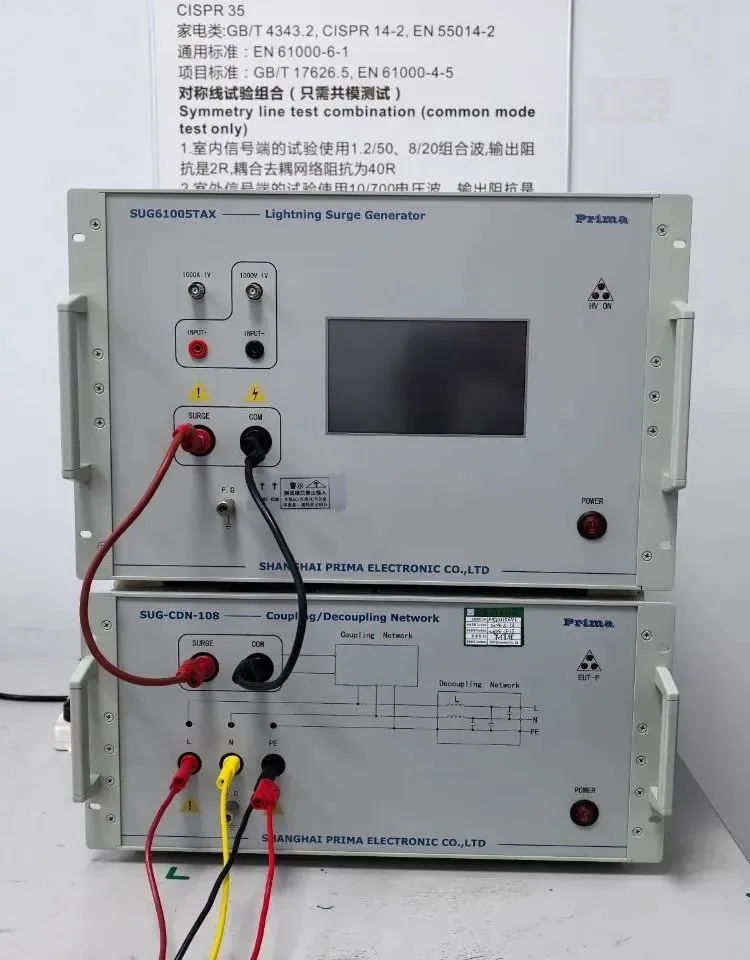
Cosmetics Registration for Entering the EU: CPNP & SCPN
For sellers intending to sell cosmetics on platforms like Amazon, AliExpress, Temu, etc., both the EU and the UK have strict regULatory requirements for this category. For example, cosmetics entering the EU market must register through the CPNP, while the UK requires separate SCPN registration.
Interpretation of CPNP/SCPN
What is CPNP/SCPN?
According to EU Regulation (EC) No 1223/2009, Article 13, cosmetic product information must be reported through the CPNP online notification system.
- CPNP (Cosmetic Products Notification Portal) aims to ensure the safe use and compliance of cosmetics within the EU, protecting consumers' health and rights.
- SCPN (Submit Cosmetic Products Notification) is the UK's system for cosmetic product notification, created to regulate cosmetic products placed on the UK market.
For companies aiming to sell makeup products in the EU, CPNP registration is mandatory. The process requires detailed product information, including ingREDients, usage instructions, and safety evaluation reports. In the UK, SCPN serves a similar regulatory purpose.
Products Requiring CPNP/SCPN
The term "cosmetics" here refers to beauty products generally used for cleaning or beautifying humans, such as deodorants, shampoos, soaps, hair dyes, toothpaste, and cosmetics. Legal definitions specify any substance or mixture intended to come into contact with external parts of the human body for cleaning, perfuming, protecting, or beautifying (excluding products for therapeutic or disease prevention purposes).
Common examples include foundation, makeup remover, lipsticks, deodorants, perfumes, hair dyes, nail polish, soaps, and shaving products. Importantly, products ingested, inhaled, injected, or implanted into the body are not considered cosmetics.
Products containing nanomaterials must be notified to the CPNP at least six months prior to entering the EU market.
Compliance Steps for Exporting Cosmetics to the EU
For sellers, manufacturers, and distributors in the cosmetics industry, it's crucial to understand EU Regulation 1223/2009. Below are the key steps:
1. Appoint a Responsible Person (RP):
- The EU Cosmetic Regulation requires an RP to be appointed for all cosmetics sold in the EU. Similarly, UK regulations mandate the appointment of an RP for products sold in the UK. The RP ensures safety measures and legal obligations are met. The RP can be a consulting firm, manufacturer, importer, or distributor.
2. Control Product Ingredients:
- Before market entry, sellers must review cosmetic ingredients from a regulatory perspective. Certain ingredients are prohibited or restricted. Sellers must ensure compliance with the regulation’s annexes and test products in certified laboratories if needed.
3. Create a Product Information File (PIF):
- The PIF must be available to authorities at any time and should include product descriptions, safety reports, GMP certificates, and cosmetic efficacy evidence.
4. Create a Compliant Label:
- The label must include mandatory information like the RP’s name and address, product origin, batch number, expiration date, and ingredient list, translated into the local language of the country of sale.
5. Notify via CPNP/SCPN:
- The RP must notify the European Commission via the CPNP website before selling products in the EU. In the UK, the product must be notified via SCPN.
Do CPNP/SCPN Require Testing?
No, CPNP/SCPN themselves are not testing processes. They are notification applications based on information such as product formula, packaging, and labels.
When Should CPNP Notification Be Done?
CPNP notification must be completed before the product is sold in the EU. For products containing nanomaterials, notification must occur at least six months before market entry.
Does CPNP Guarantee Sales in the EU?
CPNP only records product and RP information. The actual product safety still depends on relevant tests and formula safety evaluations (e.g., CPSR report).
What is the Validity of CPNP/SCPN?
The validity period is tied to the validity of the EU or UK RP’s information.
Required Documents for CPNP/SCPN:
1. CPNP/SCPN application form
2. Business license, legal representative’s ID
3. Photos of product labels and packaging design drafts
4. Product brand, name, and detailed formula
5. English version of the product manual
6. RP information for the EU/UK
Before entering the EU or UK market, sellers should ensure compliance by obtaining the appropriate CPNP or SCPN registration numbers and providing all necessary qualifications as required by platforms. For further inquiries, feel free to consult engineers from China's JJR Lab for assistance.
Email:hello@jjrlab.com
Write your message here and send it to us
 ASTM-F963-17 Non-Ride-On Toys Testing
ASTM-F963-17 Non-Ride-On Toys Testing
 Amazon ASTM F963 Pacifier Compliance Testing
Amazon ASTM F963 Pacifier Compliance Testing
 RCM AS/NZS CISPR 32:2023 Testing for Power Adapte
RCM AS/NZS CISPR 32:2023 Testing for Power Adapte
 How to get Australia SAA Compliance?
How to get Australia SAA Compliance?
 Does Canada Require RoHS Compliance
Does Canada Require RoHS Compliance
 EU CE LVD, EMC, RoHS Directives Compliance Guide
EU CE LVD, EMC, RoHS Directives Compliance Guide
 Quick Guide to the CE-LVD Low Voltage Directive
Quick Guide to the CE-LVD Low Voltage Directive
 Global Certification Guide for Lithium Batteries
Global Certification Guide for Lithium Batteries
Leave us a message
24-hour online customer service at any time to respond, so that you worry!




